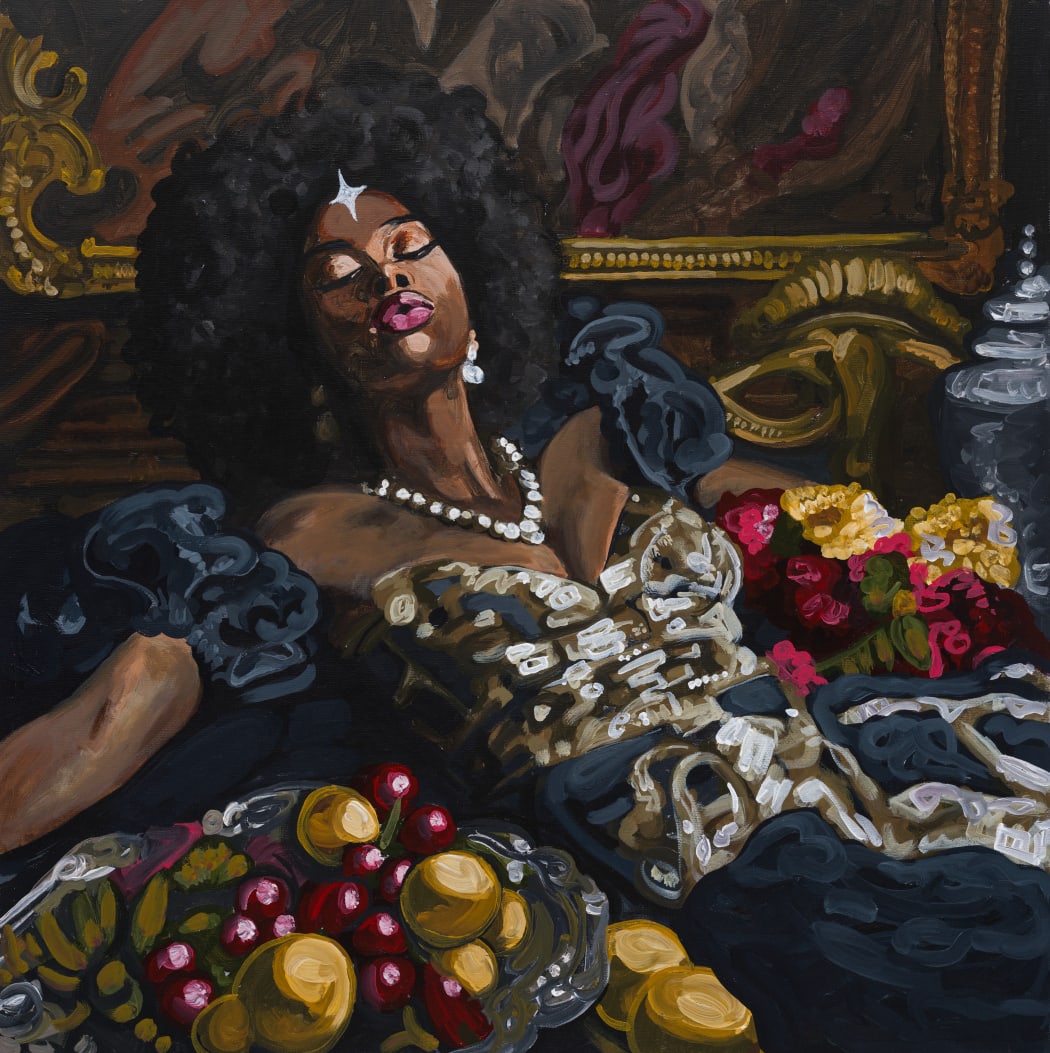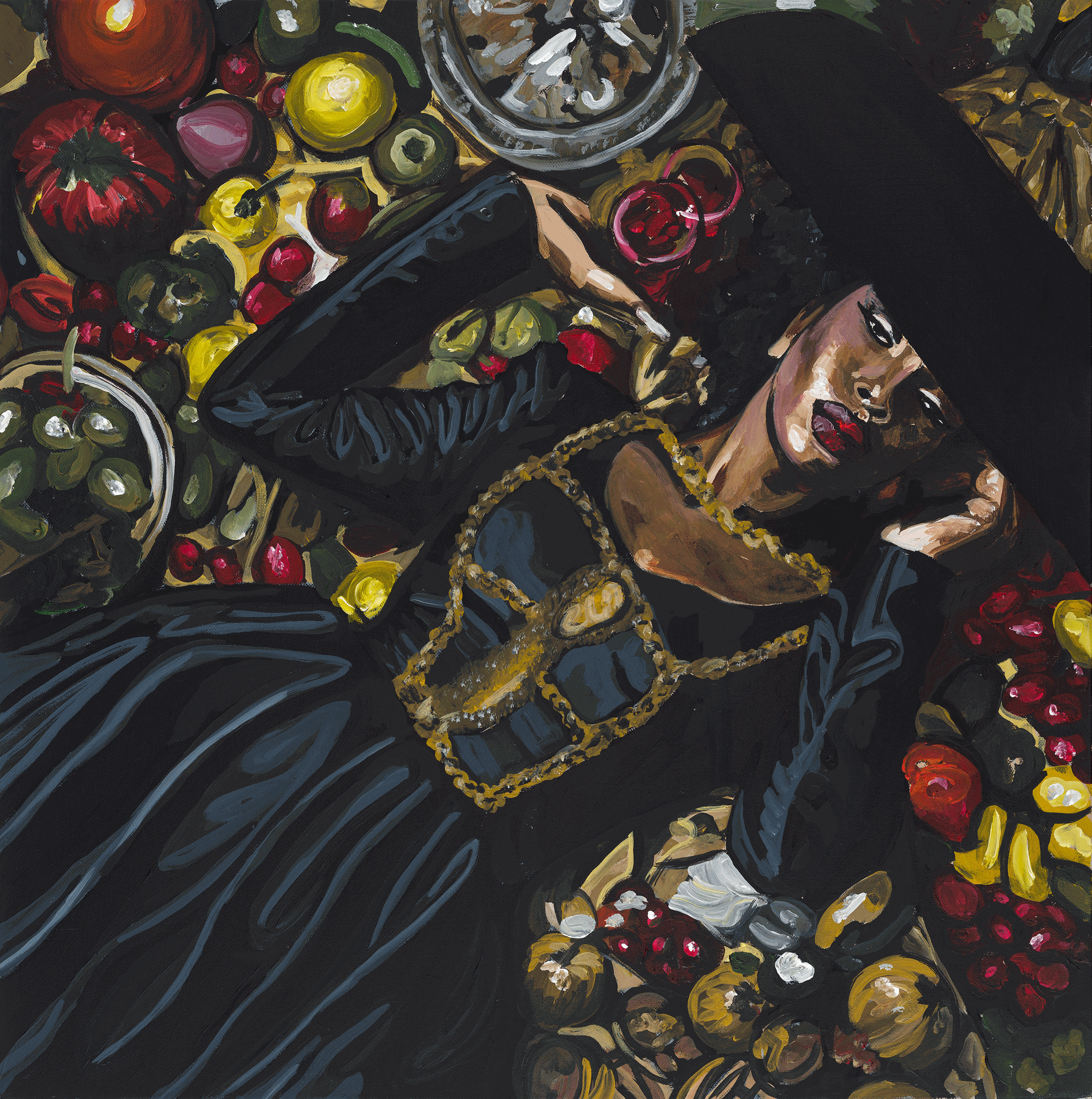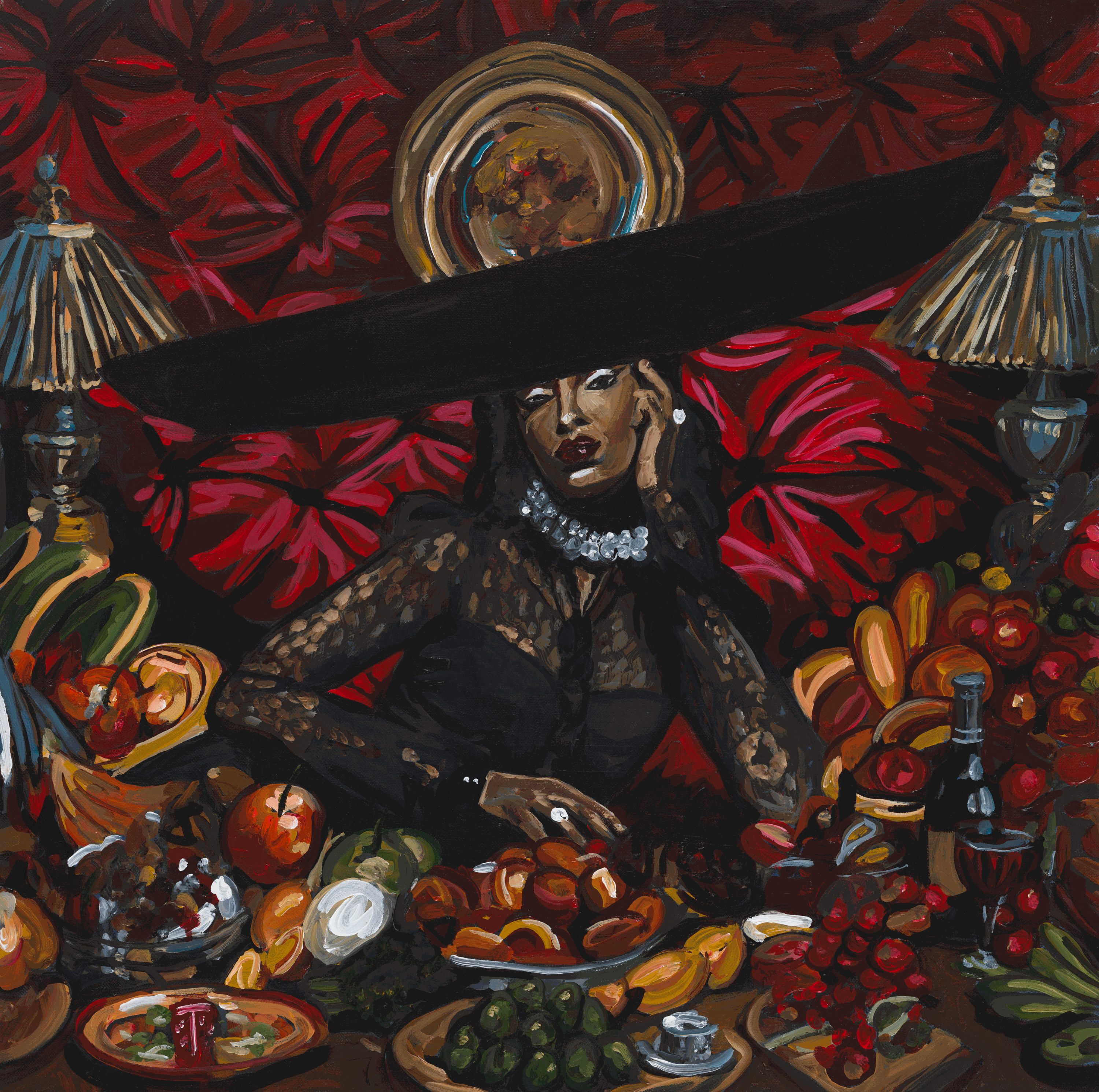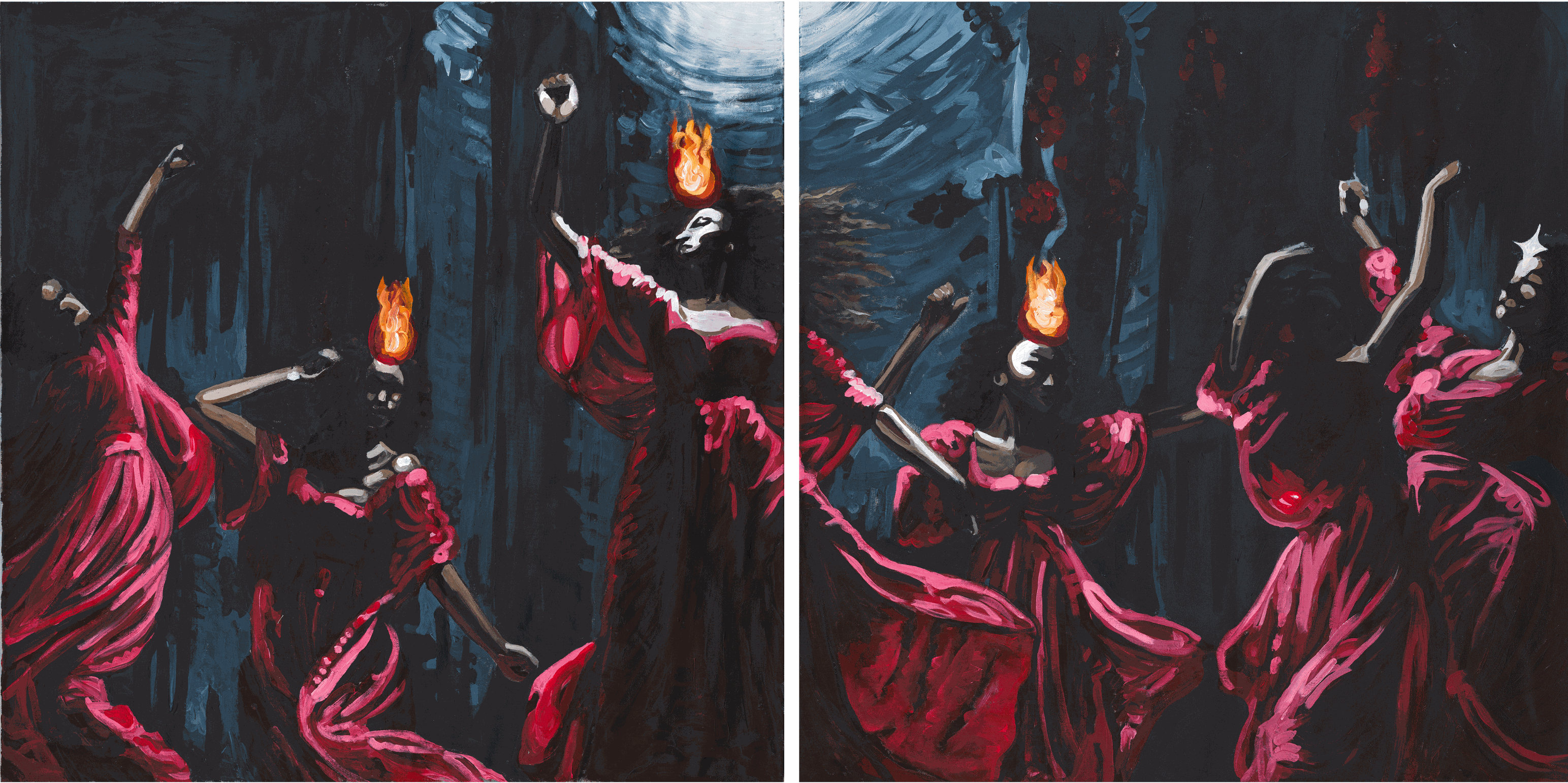
In the tapestry of human history, the relationship between women and food has been woven with threads of controversy, temptation, and societal expectations. From the mythical exile of Eve to the modern pressure on women to make the kitchen their second home, the intersection of femininity and culinary endeavours is a canvas upon which society projects its desires, fears, and biases.
However, the story of Eve is just one chapter in the complex relationship between women, food, and religious narratives. Across various cultures and belief systems, women have been intricately entwined with culinary symbolism, often serving as vessels for both sin and salvation.
In Ancient Greece, the goddess Aphrodite, associated with love, beauty, and fertility, was often depicted in scenes of opulent banquets and feasts. The act of eating, especially in the context of celebration and sensuality, was central to the worship of Aphrodite. Women participated in rituals involving food, wine, and dance to honour the goddess, emphasising the connection between femininity, pleasure, and nourishment.
In Hinduism, the goddess Annapurna is revered as the bestower of food and sustenance. Annapurna, meaning "full of food," is depicted with a ladle and a container of rice, emphasising her role as the provider of nourishment. Women, as earthly manifestations of divine energy, are seen as embodying the nurturing qualities of Annapurna. This connection highlights the sanctity of food and its ties to the feminine in Hindu culture
Yet it’s the story of Eve and the forbidden fruit in the Garden of Eden that has not only left an indelible mark on religious and cultural narratives but has also played a role in shaping historical attitudes towards women's rebellion and education. The punishment meted out to Eve for her curiosity and defiance, along with the subsequent narrative of women being the bearers of sin, has had a profound impact on societal perceptions of female intellect and the right to knowledge.
In the biblical tale, Eve's curiosity and desire for knowledge lead her to partake in the forbidden fruit from the Tree of Knowledge. The consequence of this act is the expulsion from paradise and the imposition of pain during childbirth, establishing a connection between female curiosity, disobedience, and the suffering that befell women. This narrative, intentionally or not, laid the groundwork for a societal perception that discouraged women from seeking knowledge and questioning established norms.
A LEASURELY WALK IN MY GARDEN OF EDEN
In the shadowy corners of biblical lore, the story of Lilith, often obscured but undeniably present, provides another intriguing layer to the complex narrative of women and their roles in the Garden of Eden. Lilith, according to some interpretations, was crafted as an equal to Adam, refusing to submit to subservient roles assigned to her. Her defiance and desire for equality ultimately led to her expulsion from Eden. While Lilith is often excluded from mainstream biblical narratives, her tale carries echoes of rebellion and autonomy.
The deliberate omission of Lilith, and the demonisation of her character from the conventional narrative reflects an age-old reluctance to embrace women who challenge established norms, underscoring the historical tendency to suppress stories of female defiance. The resonance of Lilith's narrative serves as a poignant reminder that throughout history, women who resisted subservience and sought equality faced exclusion and marginalization, further emphasizing the need for a reevaluation of the stories that shape our perceptions of femininity and rebellion.

WHEN YOU DON'T WANT IT, THATS WHEN IT COMES
In the compelling words of Bessie Head, a literary force whose narratives resonate with the spirit of female defiance, "Defiance, not obedience, is the American's answer to overbearing authority." While Head's words specifically address the American context, the sentiment echoes universally, underlining the transformative potential of women who choose to defy oppressive norms. By embracing defiance, women reclaim agency and challenge structures that seek to confine and silence them.
The punishment of curiosity, as depicted in Eve’s and Lilith’s story, became a powerful tool for reinforcing gender roles and justifying the suppression of female education. Across various cultures and historical periods, this narrative was cited to argue that educating women could lead to disobedience and disruption of societal order.

In the words of the renowned feminist scholar Bell Hooks, "When women and men understand that working to eradicate patriarchal domination is a struggle rooted in the longing to make a world where everyone can live fully and freely, then we know our work to be a gesture of love." Hooks' poignant words resonate with the spirit of female defiance, emphasizing that resistance against oppressive structures is an act of love—a love for oneself, for fellow women, and for the collective aspiration to create a world where autonomy, equality, and freedom flourish. Just as Eve and Lilith defied the constraints imposed upon them, hooks reminds us that the pursuit of a liberated existence is a profound expression of love and a vital force in reshaping the narratives that govern women's lives.
During the Middle Ages and the Renaissance, for example, prevailing attitudes toward women's education were often rooted in the notion that women were intellectually inferior and prone to moral corruption. The story of Eve served as a cautionary tale, creating a climate where educating women was deemed unnecessary or even dangerous. The prevailing belief was that women should focus on domestic duties, reinforcing the idea that their role was confined to the home. As the veils of colonialism lifted, that influence also penetrated many African cultures and traditions like Nigeria.
In Nigeria, the gender-based educational system, rooted in colonial ideologies, perpetuated the notion that women's primary role was in the domestic sphere, limiting their opportunities for broader intellectual and professional pursuits. As a result, women were often excluded from formal education, and societal expectations were shaped by these discriminatory educational policies.
In more recent history, even as strides were made towards gender equality, remnants of this narrative lingered in the form of limited educational opportunities for women. It wasn't until the late 19th and early 20th centuries that the fight for women's education gained momentum, challenging deeply ingrained beliefs that cast women as the perpetual bearers of the consequences of curiosity.
Recognising and challenging these historical narratives is crucial in dismantling barriers to female education and fostering a world where women are encouraged to pursue knowledge, curiosity, and intellectual growth without fear of punishment or reprisal. In embracing the spirit of Eve, more women should dare to take a bite from the apple, disrupting the patriarchal worlds around them and challenging the narratives that confine them, heralding a future where curiosity and knowledge empower, rather than constrain, the essence of womanhood.


